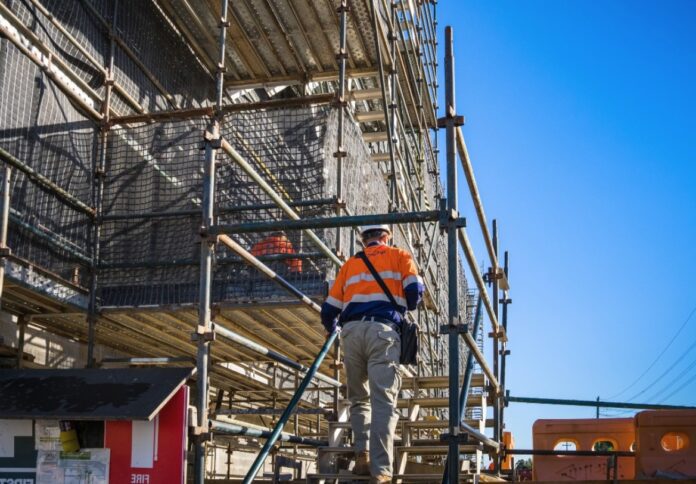
The New South Wales Government is ramping up efforts to protect workers from the deadly silicosis threat by deploying more SafeWork NSW inspectors to enforce a new engineered stone ban.
The upcoming ban, effective from 1 July 2024, will be supported by a $2.5 million boost from the 2024-25 NSW Budget, ensuring rigorous compliance and enforcement across the state.
This funding injection aims to prevent the use, supply, and manufacture of engineered stone, alongside tighter regulations on other materials containing crystalline silica, the government said in a media release.
The enhanced compliance efforts will involve more inspectors conducting site visits and imposing penalties on non-compliant operators.
Minister for Work Health and Safety Sophie Cotsis emphasised the urgency of the situation: “The previous government was far too slow to act on this deadly threat. The Minns Government will not only ban this dangerous product, but the funding in this Budget ensures the ban and new compliance regime actually works at saving lives.”
SafeWork NSW recently completed a six-month Silica in Construction workplace visit program, where inspectors visited 176 businesses and issued 142 notices.
This proactive approach will be expanded, with additional program staff providing educational tools and support for industries affected by the new regulations.
New notification systems will also be developed for businesses processing existing engineered stone in homes and workplaces.
According to the government, silicosis, a debilitating lung disease caused by inhaling tiny silica particles, has become increasingly common in the engineered stone industry.
In addition to the $2.5 million allocated for compliance, the government has already provided $5 million for silicosis research and patient support programs through a grant from icare and the Dust Diseases Board.
This funding aims to assist individuals and families navigating the health risks associated with silica dust exposure.
Furthermore, a Silica Worker Register is being established from the Workers Compensation Operational Fund to track the health of at-risk workers.
Cotsis highlighted the importance of this initiative: “Silicosis is preventable, and all workers who are at risk of silicosis will now be registered so that their health is tracked for their lifetime.”
She concluded, “The Minns Government is investing in worker safety as a priority because it is a fundamental right of every worker to go to work and come home safely to their loved ones at the end of the day.”



















